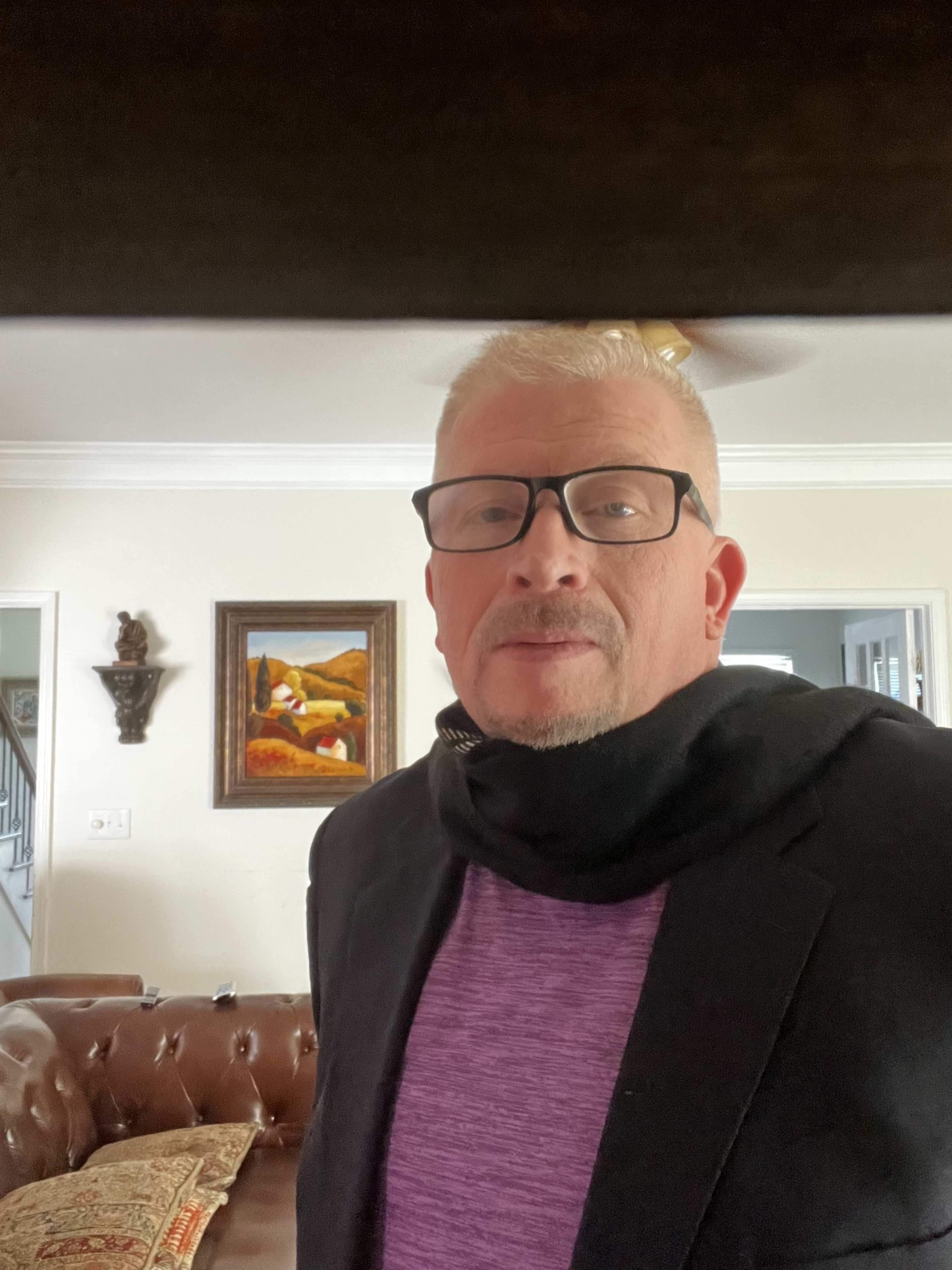In the Deep South, ‘down low’ culture means gay men are hiding in plain sight

The ancient Greek inscription “know thyself” has often been replaced with “deny thyself” for many gay men in the Deep South.
In Georgia — as in my home state of Alabama — countless men wrestle quietly with their sexuality, trying to balance personal truth against family expectations, religious beliefs and professional survival.
I know that struggle well. As a gay man who’s spent more than three decades in a committed, interracial relationship, I understand the cost of invisibility — and the courage required to step into the light.
My partner and I divide our time between Alabama and Chicago. In the South, we’ve learned to navigate stares and assumptions. In the Midwest, we exhale.
But our hearts remain rooted in the region that raised us. We love the South. And we want it to love us back.
‘Down low’ culture creates shame and may lead to tragedy
In Georgia, where culture and politics often collide, the stakes of being openly LGBTQ+ have grown higher. While Atlanta is a beacon — home to historic Black LGBTQ+ communities, vibrant Pride celebrations, and a deep civil rights legacy — many outside the metro area live a much different reality. Silence can feel like the only safe choice.

At our gym in Alabama, we often encounter “down low” men — those who present as straight but seek same-sex intimacy in private. These are not caricatures. They’re often loving fathers, devoted husbands, respected professionals. Some are drawn to the openness they see in our relationship. A few have quietly confided in us. But most retreat, afraid that even being seen with us might unravel the life they’ve worked so hard to build.
They try to compartmentalize — telling themselves, it’s only sex, not love. But such separations rarely stay clean. Emotional isolation and spiritual conflict creep in. Over the years, we’ve seen some of these men suffer — through depression, strained marriages and, in tragic cases, suicide.
To cope, some overcompensate: adopting exaggerated forms of masculinity, quoting Scripture to condemn what they quietly carry. Many seek out male-dominated professions — military, construction, law enforcement — where closeness with men is acceptable, as long as it stays unspoken.
This isn’t just a private crisis. It ripples outward. Wives sense something is wrong. Children pick up on tension. Churches may unknowingly praise men who are suffering in silence. And LGBTQ+ individuals who live openly are sometimes met with suspicion or hostility — not because of who they are, but because of what they represent: an uncomfortable mirror.
This is not about blame. It’s about context. Religion in the South plays a significant role in shaping how men see themselves. When pulpits equate queerness with sin and manhood with dominance, a culture of fear and shame takes root. Georgia has seen this tension firsthand — in legislative battles over LGBTQ+ rights, education, and health care access. For many, the message has been clear: “Hide if you want to survive.”
But hiding isn’t safety — it’s slow erasure.
People deserve to thrive where they are as they are
These dynamics affect more than just gay or bisexual men. People across the LGBTQ+ spectrum — and even many straight individuals — feel pressure to conform to rigid roles that don’t reflect their truth. Authenticity, in this context, becomes a risk.
That’s why my partner and I live as visibly as we can. We are Black and white, gay, Southern, spiritually grounded, and proud. Our lives aren’t perfect, but they are open. And in a region where conformity often feels like currency, we hope our presence plants seeds of possibility.
We’re fortunate to have a second home in Chicago, where we rarely worry about discrimination in housing, health care or employment. But most Southerners can’t just pack up and move — nor should they have to. People deserve the right to thrive where they are.
Atlanta, in particular, holds power to shape this region’s future. Its LGBTQ+ history is rich, its communities resilient, and its influence far-reaching. But the work doesn’t end at the city limits. Rural Georgia, small towns and suburban churches all need new narratives, ones that offer dignity, not denial.
We don’t ask anyone to “come out” before they’re ready. But we hope to model another way of being — one marked by wholeness instead of fragmentation. Sometimes that begins with simply listening. Sometimes it begins with being seen.
Georgia doesn’t have to choose between tradition and truth. It can honor both: preserving its cultural roots while widening its embrace. Southern stories are big enough to include everyone. Even the ones still finding their voice.
Barry M. Cole, Ph.D. is a novelist and instructor of African American literature whose research centers on marginalized communities throughout the world.


